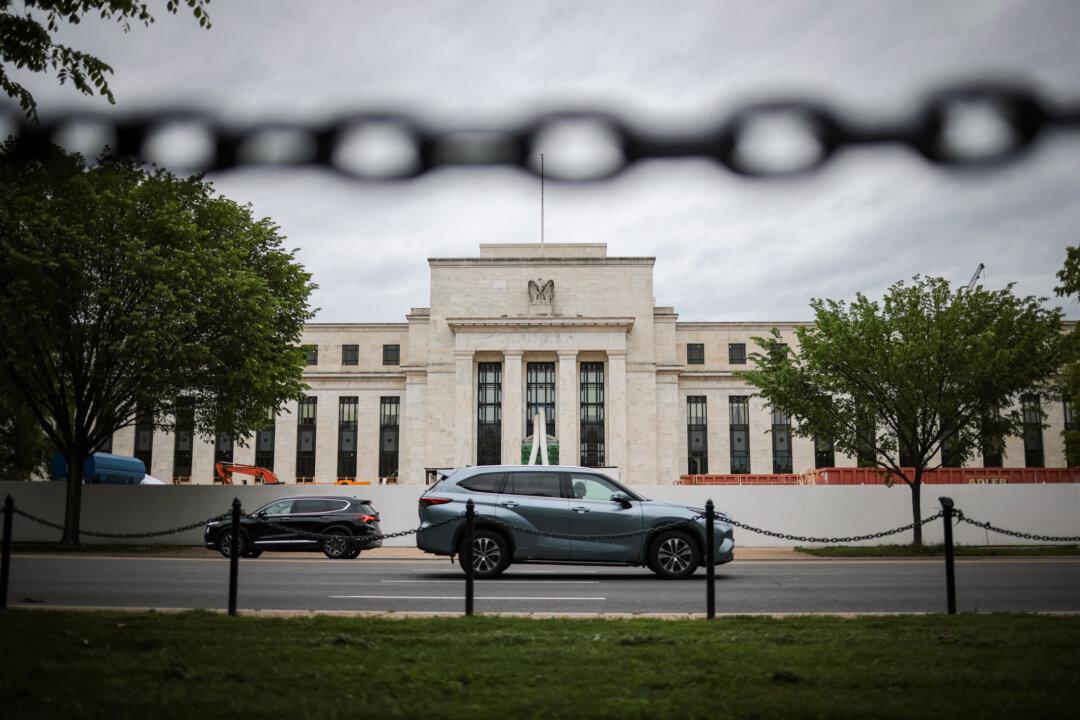Commentary
This week, one of the world’s foci must be the potential U.S. government default on its debt. In most circles, this continues to progress as if we have never encountered such a situation before. But this might not be true. According to Terry Zivney and Richard Marcus of The Financial Review, “Investors in T-bills maturing April 26, 1979, were told that the U.S. Treasury could not pay on maturing securities to individual investors. The Treasury was also late in redeeming T-bills, which became due on May 3 and May 10, 1979.”





